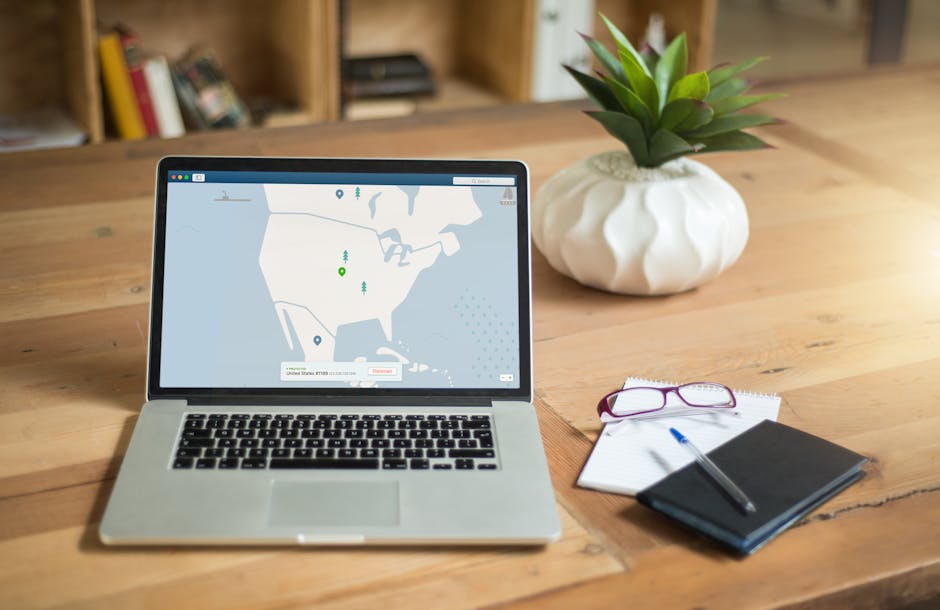Ensuring Employee Privacy in the Workplace: Best Practices and Solutions
"In today's digital age, ensuring employee privacy in the workplace is crucial for maintaining trust, productivity, and compliance. This article explores best practices and solutions for safeguarding employee data and creating a secure work environment. "

In today's digital age, ensuring employee privacy in the workplace has become a top priority for organizations across industries. With the increasing amount of personal and sensitive information being collected and stored by employers, it is crucial to implement effective strategies and solutions to safeguard employee data and maintain trust within the workplace.

Understanding Employee Privacy Rights
Before diving into best practices and solutions, it is essential to understand the fundamental rights of employees when it comes to privacy in the workplace. While specific laws and regulations may vary by country or region, some common employee privacy rights include:
-
Protection of personal information: Employers should collect, store, and use employee personal information only for legitimate business purposes and ensure its security.
-
Confidentiality of medical information: Employee medical records and health-related information should be kept confidential and separate from other personnel files.
-
Reasonable expectation of privacy: Employees have a reasonable expectation of privacy in certain areas of the workplace, such as personal workspaces and lockers.
Best Practices for Ensuring Employee Privacy
To effectively protect employee privacy in the workplace, consider implementing the following best practices:
-
Develop a comprehensive privacy policy: Create a clear and detailed privacy policy that outlines how employee data is collected, used, stored, and protected. Ensure that all employees are aware of and have access to this policy.
-
Provide regular training and awareness programs: Educate employees on the importance of privacy and data security through regular training sessions and awareness campaigns. This helps foster a culture of privacy and encourages employees to take an active role in protecting their own information.
-
Implement strong data security measures: Invest in robust data security solutions, such as encryption, access controls, and monitoring systems, to prevent unauthorized access to employee information. Regularly update and patch these systems to address emerging threats.
-
Limit access to sensitive information: Restrict access to employee personal and sensitive information to only those who have a legitimate need for it. Implement role-based access controls and regularly review and update access privileges.
-
Conduct regular audits and assessments: Perform periodic audits and assessments of your organization's privacy practices to identify potential vulnerabilities and areas for improvement. This helps ensure ongoing compliance with privacy regulations and best practices.

Leveraging Technology for Employee Privacy
In addition to implementing best practices, organizations can leverage various technological solutions to enhance employee privacy in the workplace. Some examples include:
-
Secure communication platforms: Adopt secure messaging and collaboration tools that provide end-to-end encryption and access controls to protect sensitive employee communications.
-
Digital meeting and conference room signage: Implement digital signage solutions that display room availability and occupancy without revealing sensitive employee information, such as names or meeting details.
-
Privacy-focused visitor management systems: Deploy visitor management systems that prioritize privacy by securely capturing and storing visitor information, while providing different levels of access for various visitor types.
-
Data loss prevention (DLP) tools: Utilize DLP solutions to monitor and prevent the unauthorized transfer or disclosure of sensitive employee data, both within and outside the organization.

Fostering a Culture of Privacy
Beyond implementing best practices and technological solutions, it is crucial to foster a culture of privacy within your organization. Encourage open communication and transparency regarding privacy policies and practices, and actively involve employees in the process of creating and maintaining a secure work environment.
By prioritizing employee privacy and taking a proactive approach to data protection, organizations can build trust, enhance productivity, and ensure compliance with evolving privacy regulations. Rebuilding workplace community and creating a positive employee value proposition are key factors in attracting and retaining top talent in today's competitive landscape.

As the digital landscape continues to evolve, ensuring employee privacy in the workplace will remain a critical priority for organizations of all sizes. By staying informed, implementing best practices, and leveraging the right technologies, employers can create a secure and trustworthy work environment that respects and protects the privacy rights of their most valuable asset: their employees.


